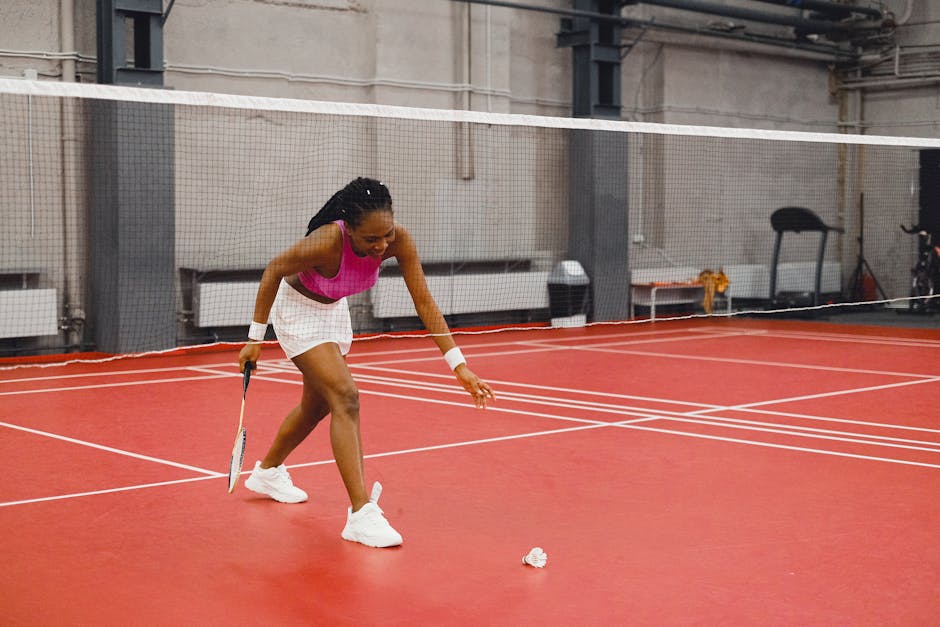Badminton, a sport enjoyed by millions worldwide, requires agility, strategy, and the right equipment. Central to a player's success is their badminton racket, a tool that can significantly impact their performance. Choosing the right racket can be a daunting task, especially with the vast array of options available in the market. This guide aims to simplify the process, offering insights and tips to help you select the perfect badminton racket tailored to your individual needs and playing style.
Before diving into the specifics, it's essential to understand the basic components of a badminton racket. The head, strung with tight nylon strings, is where the shuttlecock makes contact. The shaft, connecting the head to the handle, influences the racket's flexibility and power. The handle, gripped by the player, determines comfort and control. Each of these components plays a crucial role in the racket's overall performance, and understanding their function is key to making an informed decision.
One of the first considerations when choosing a racket is its weight. Rackets are typically categorized as lightweight, medium weight, or heavyweight. Lightweight rackets offer greater maneuverability and are ideal for beginners or players who prioritize speed and quick reactions. Heavier rackets, while requiring more strength to wield, generate more power and are preferred by advanced players seeking aggressive smashes and clears.
Another important factor is the racket's balance point. A head-heavy racket provides more power, while a head-light racket offers better control and maneuverability. An even-balanced racket falls somewhere in between, offering a compromise between power and control. Choosing the right balance depends largely on your playing style and preferences.
The racket's stiffness also plays a significant role in its performance. A stiff racket offers more power and control, but requires greater strength and technique to utilize effectively. A flexible racket, on the other hand, is easier to use and generates more power with less effort, making it suitable for beginners or players with less developed arm strength.
Grip size is another crucial aspect to consider. The grip should feel comfortable in your hand, allowing for a firm yet relaxed hold. Too small a grip can lead to wrist strain, while too large a grip can hinder quick reactions. It's recommended to try out different grip sizes to find the one that suits you best.
Finally, consider the string tension. Higher string tension provides more control and precision, while lower tension offers more power. The optimal string tension depends on your playing style and skill level. Experimenting with different tensions can help you find the sweet spot that maximizes your performance.
Choosing the right badminton racket is a personal journey. By considering these factors and taking the time to experiment, you can find the perfect racket that complements your playing style and helps you elevate your game to the next level. Remember, the right racket is an extension of your arm on the court, and investing time in finding the perfect fit can make all the difference in your badminton experience.
